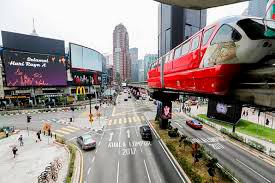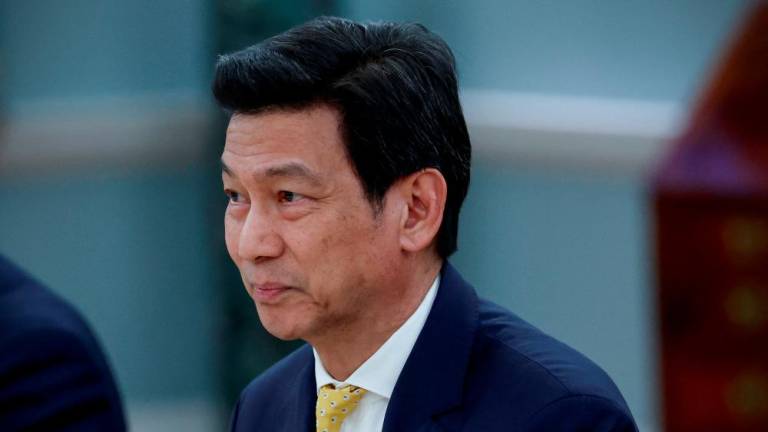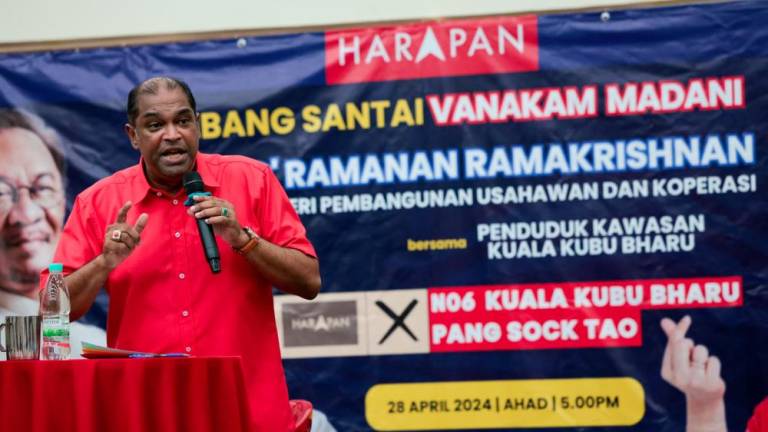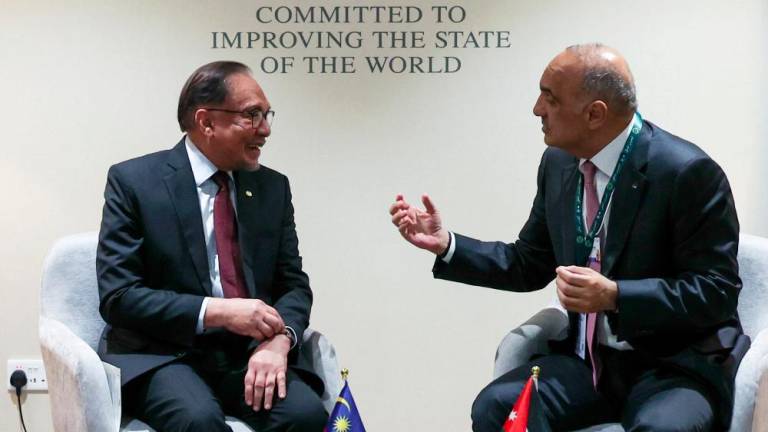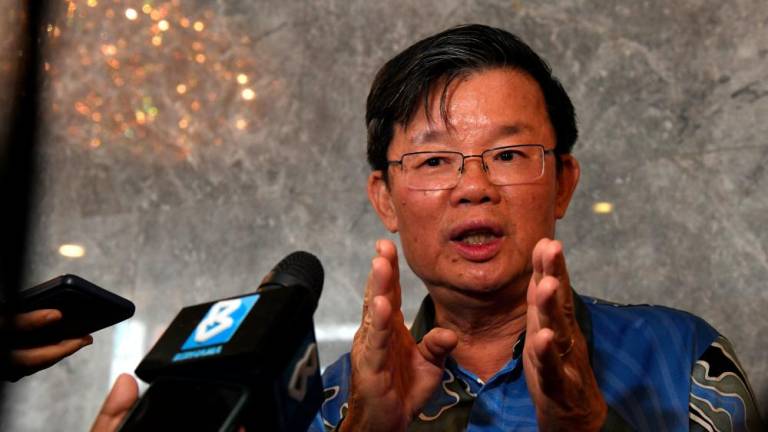KUALA LUMPUR: Socio-economic impacts from the Covid-19 pandemic have revealed that social protection in Malaysia is minimal compared with high income and upper middle-income countries.
This issue was highlighted by University Malaya Social Wellbeing Research Centre (SWRC) director Datuk Emeritus Prof Dr Norma Mansor in a webinar entitled “Safeguarding Malaysian workers and households: Impacts and avenues for Malaysia’s social protection in Covid-19 and beyond” that was held today.
The webinar was organised by the Institute of Strategic and International Studies (ISIS) Malaysia.
Norma said the social protection inequality in Malaysia was due to several reasons, including low tax revenue and income disparity.
“Compared to other countries, Malaysia’s social expenditure to the percentage of the gross domestic product (GDP) is notably lower than the high-income and upper middle-income countries.
“We are listed as an upper middle-income country, but our social protection is lower than the other nations in the group. Among ASEAN countries, we are comparable to Thailand in terms of social expenditure, but marginally lower than Singapore and Vietnam,“ she said.
Malaysia’s tax-to-GDP ratio was 12.5 per cent in 2018, below the Organisation for Economic Cooperation and Development (OECD) benchmark average of 34.3 per cent.
In 2018, corporate income tax had the highest share of the nation’s tax revenue at 47.9 per cent, followed by personal income tax at 18 per cent.
Norma suggested a life-cycle approach to benefit the vulnerable categories, as well as to mandate all Malaysians to contribute to funds such as the Employees’ Provident Fund and Social Security Organisation (SOCSO).
“People do not have something to fall back on if there were no social protection.
“If we do not innovate, we cannot get the productivity that we want in the country unless we correct the security aspects of our people,“ she added.
The professor also suggested a single-window entry for all protection benefits, and the use of MyKad for entitlement to benefits, just like the existing universal healthcare.
“What I am proposing is to have one single window; that you can just go and register either at SOCSO or the Inland Revenue Board, then you are also registered for other social protection (programmes),“ she said.
Meanwhile, World Bank Malaysia economist Dr Amanina Abdur Rahman said Malaysia should think of social protection while encouraging productive employment to cushion the lower income group and provide them with avenues to obtain skills to secure better jobs.
“The economy will only recover once people start spending again, and people will only spend when they have jobs again. It is a gradual process,” she said.
The webinar also saw participation from Universiti Malaysia Sabah Faculty of Business, Economics and Accountancy senior lecturer Dr James Alin, and it was moderated by ISIS Malaysia fellow, social policy and national integration Terence Too Yang-Yau. -Bernama



